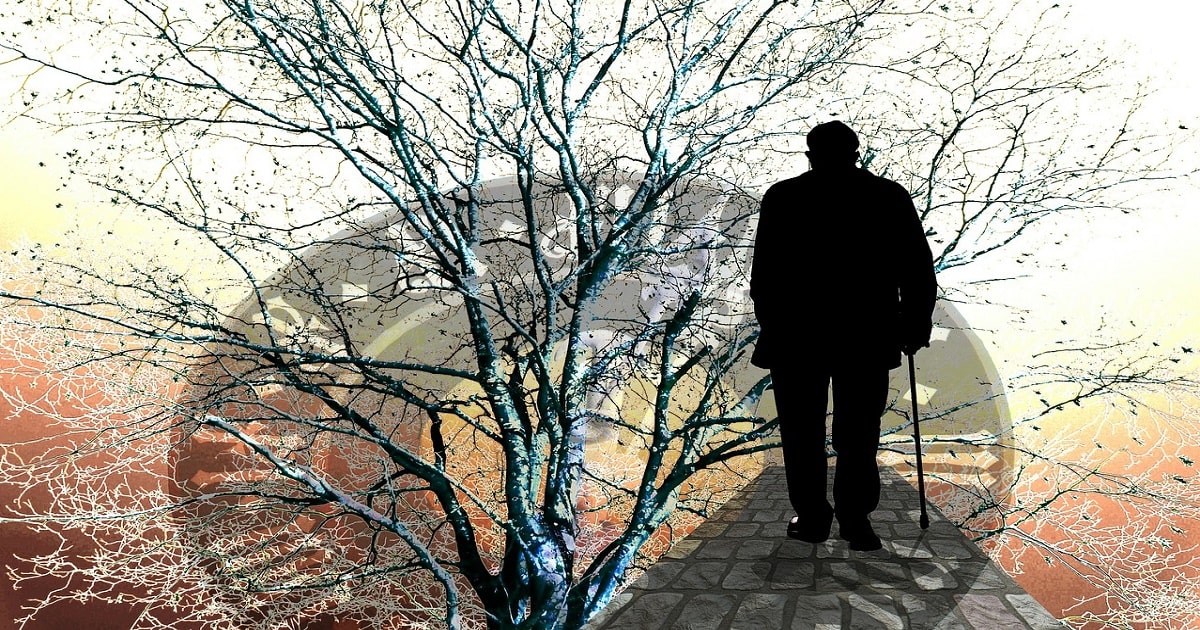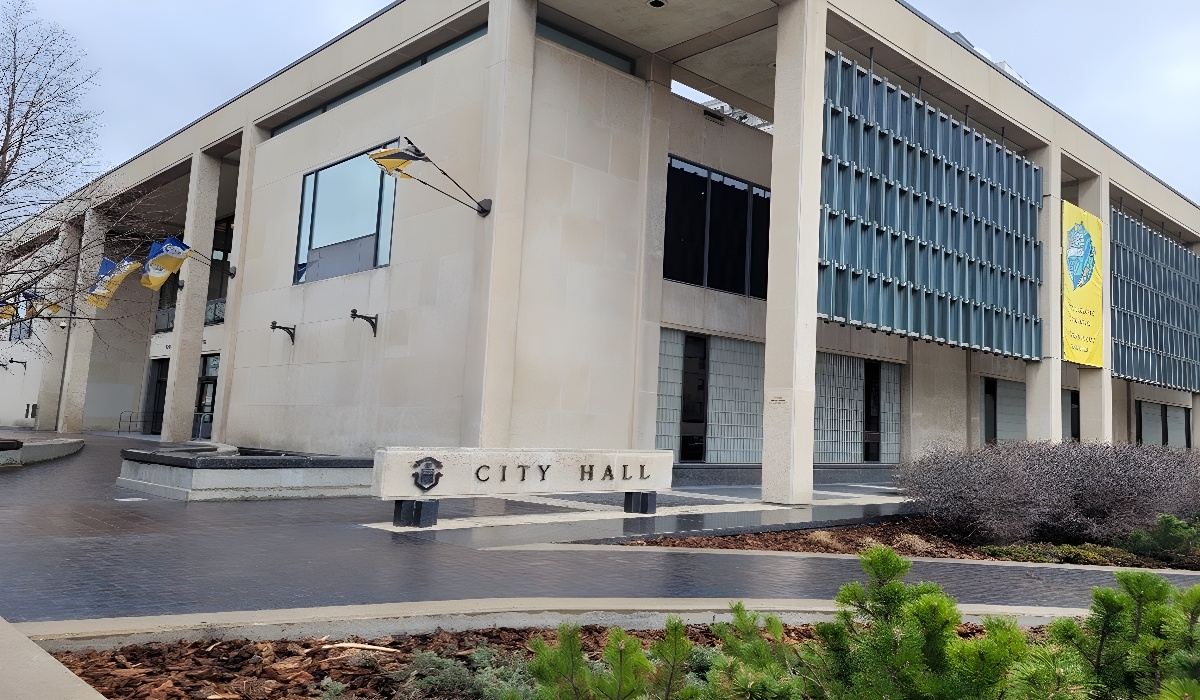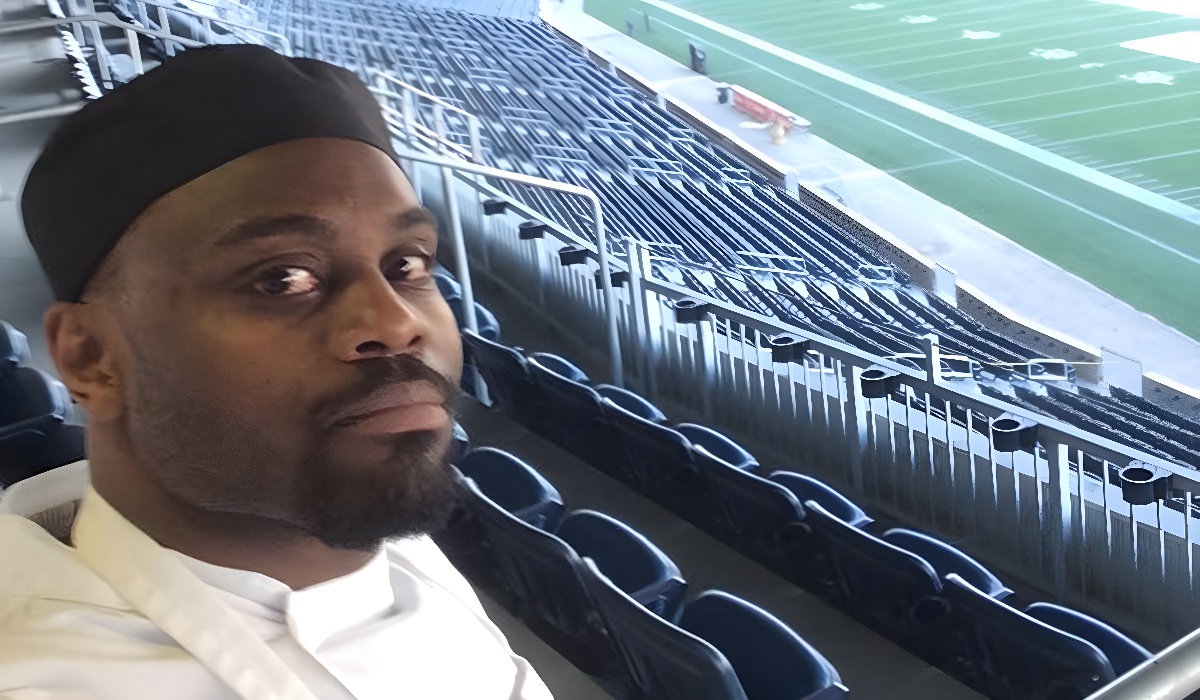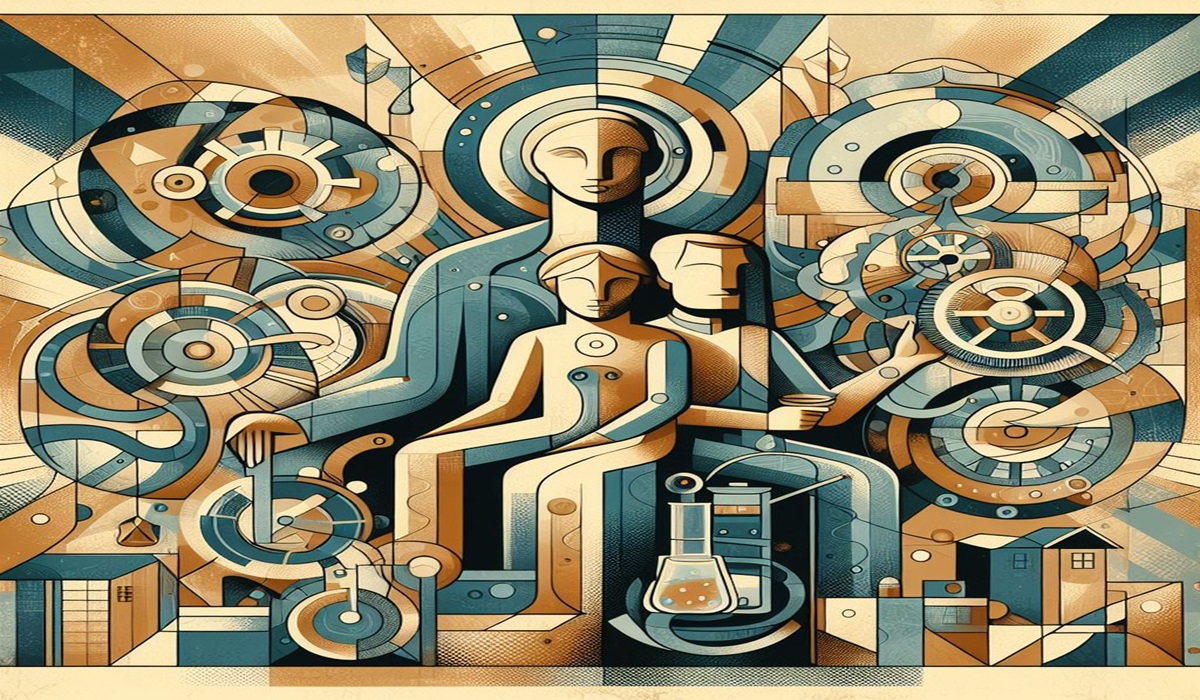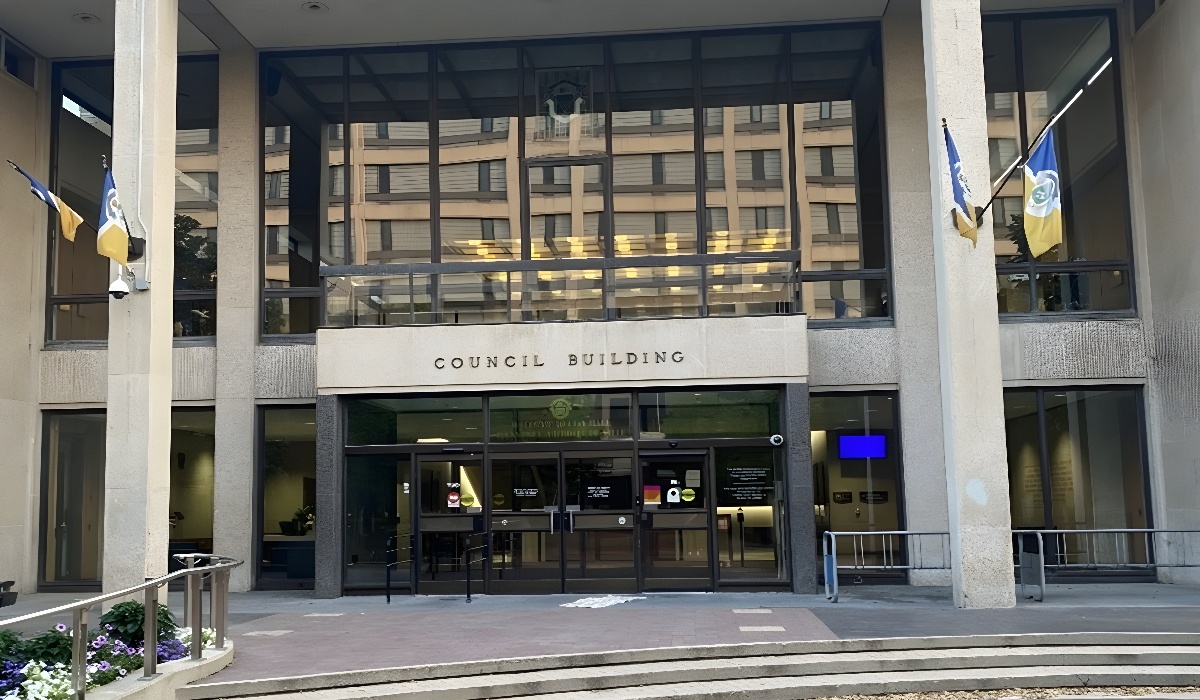About two thirds of seniors living with dementia in Manitoba are women
By Gary Elbers
Winnipeg, late spring 1971, lost and hindered by pride, too ashamed to stop and ask directions. This was the challenge I faced and compounding the façade of being calm and controlled, was the fact that my fiancé Brenda (now wife) had just arrived.
I immigrated to Winnipeg a few months before and began exploring the city by bus and with friends by car. It was simple, tell the driver where you wanted to go, sit back and relax, you got there. So I was overconfident when, about two weeks after she arrived, I bought a brown 1970 Ford Falcon and started driving from the apartment in East Kildonan to work on Portage Ave.
One Sunday afternoon I decided we should go driving, it started out great but somehow I must have ignored, or missed some of the landmarks and street signs. We were instantly lost.
I was continuously talking and pretending to know where we were but, at every stop or intersection, I had to quickly decide – go straight or turn. I looked for landmarks, buildings, or monuments in the distance and would announce what I thought they were. The plan was to stay calm and not let her know we were lost.
After hours of praying and driving, by some miracle, we ended up on Osbourne, a street I knew. With conviction, I said, “Time to go home. We will turn right on Portage, left on Main and right on Higgins. As we drove into the familiar neighbourhood, she gently touched my arm, turned to me with a smile and said, “I knew we were lost but it’s OK, we are together”.
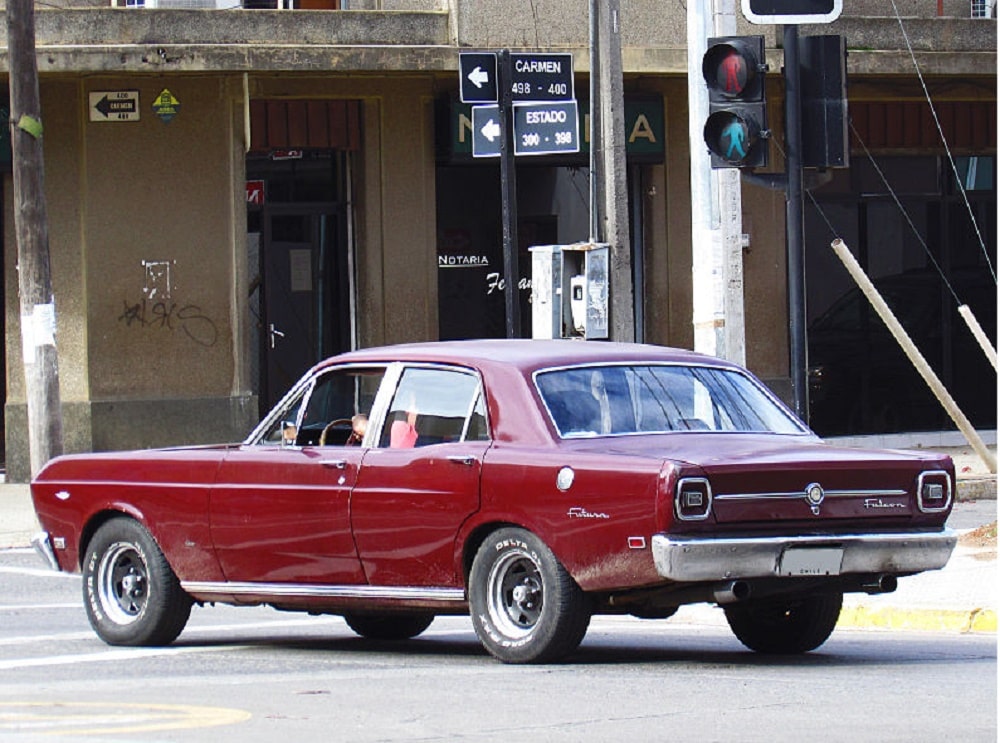
The next day at work I confessed to a colleague and he told me about maps from the Motor League (CAA) and all the things they do. After work, I drove to the Empress office and immediately became a member. Since that time our family has used them extensively for all the planned and unplanned conditions related to our trips. I would never leave home without them.
Well, Brenda and I are driving again, but this time it’s not on a trip, it’s a journey, a journey with Dementia. I don’t know when it started because I again ignored, excused or doubted so many of the early signs. Eventually, after we missed an important family gathering, I started keeping notes and passed them on to her doctor. The diagnosis, she had early-stage Dementia; the suggestion, contact the (ASM) Alzheimer Society of Manitoba.
Although she resisted, I contacted ASM and connected to a local support group. After attending a few of the meetings and listening to the ‘problems’ these people had, I decided that Brenda did not exhibit any of those behaviours and stopped going.
As the months went by it all changed, I became overwhelmed, frustrated, annoyed even angry, I tried logic, repetition and reminders, nothing worked all the time. Things became worse also unsafe, like – being outside in the dead of winter only in PJs, going for an appointment 10 mins from our home and ending up 80 km away or cooking bacon on the stove without a frying pan.
In the meantime, I reconnected with ASM and began to educate myself. I not only rejoined the support group but learned to expand it to include family and friends.
This dementia journey sometimes gives me the sensation of being lost again in an unfamiliar city. Driving in the early sun where it might be difficult to see what`s ahead or, encountering unexpected `challenges`, yet still, at every intersection, I have to decide – go straight or turn. This time, however, I am hopeful and confident as I call on the Alzheimer’s Society (the CAA of dementia) I can access programs, handouts, courses, conferences, counsellors, and workshops.
In 2019 I participated in a workshop called ‘Ambiguous Loss’, conducted by counsellors Helliar and Kirkby that enriched my relationship with Brenda. It enabled me to separate her from the disease and cemented my approach on this Journey.
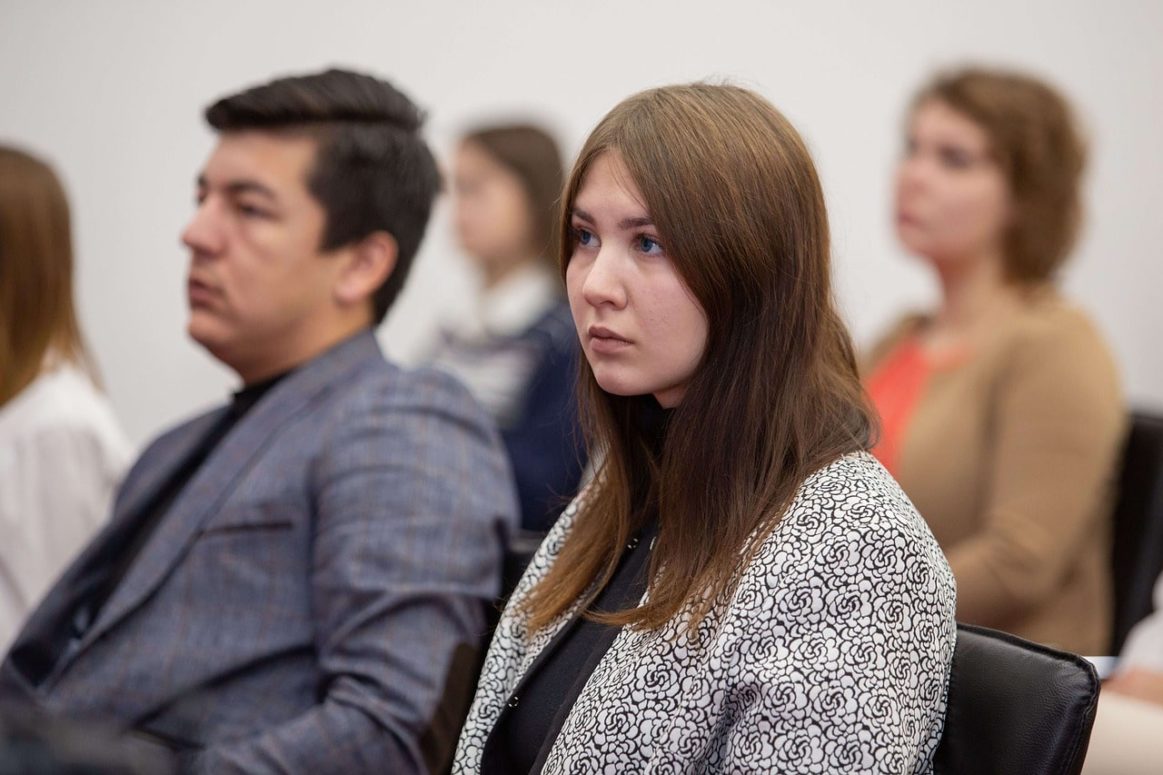
The workshop was designed to let caregivers recognize and explore their innermost feelings and emotions. One scenario was whether we saw the glass as half full or half empty. I discovered that when I consciously change focus and the size of the glass, the water overflows, so it’s always more than I expect.
For example, a few months ago while I was again continuously talking, Brenda who is nonverbal shouted “Shut up.” I was surprised, shocked, stunned and elated; that rude remark was music to my ears.
It told me she is still communicating. Now when we have `conversations`, I pause, keenly pay attention to every sound she makes, every facial expression and to her body language. I am reminded that if you only focus on what used to be or what we have lost, the opportunity to take advantage of what there is now, will also be lost.
I know and accept the finality of this disease, I recognize while there is research going on, I cannot change the future nor influence the past. The only impact I have is on today, this moment in time and so I choose to make it – `the best of the rest”. If tomorrow comes, and it is brighter or not as bright, I again will choose to make it – `the best of the rest”.
As long as Brenda and I are on this Dementia journey, I will reach out, gently touch her arm, look into her eyes and smile, because in my head and heart I hear her saying “I know we are lost but it’s ok, we are together”.

